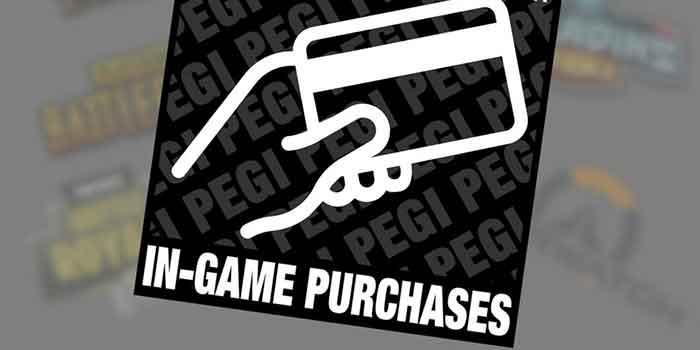Debates pertaining to the controversial issue of loot boxes continue to rage on but it may seem like the legislative standpoints on the matter are beginning to become much clearer in certain jurisdictions. The United Kingdom is one of the places where the lines have been drawn with regards to whether or not loot boxes actually constitute gambling. According to the UK Gambling Commission, under the country’s current gambling laws, loot boxes are not considered as a form of gambling.
While addressing the United Kingdom parliament, Neil McArthur, the chief executive officer of the UK Gambling Commission, stated that loot boxes, as well as other items such as FIFA packs, do not have a formal way of monetization. Current gaming laws only apply to prizes that are either hold monetary value or are money. However, as it turns out, the in-game virtual items such as loot boxes or in-game packs do not conform to either description even if they are traded on black markets outside of the game.
“Where we draw the line is on the ability to turn that back into money through some mechanism. So, if it’s possible through secondary markets or through markets offered during the game, we can see that that would turn it into gambling in those circumstances,” reads McArthur’s statement.
In his statement, the UK Gambling Commission’s chief further pointed out that there are a number of things that resemble gambling but the legislation suggests otherwise. In essence, what he was trying to put across was the fact that the United Kingdom’s laws may have to be adjusted so as to account for loot boxes and other controversial in-game competitions.
What Now?
Well, while the UK Gambling Commission is definitely constrained by current legislation, it is certainly ready and very willing to regulate the products if the law was adjusted appropriately. In the interim, the commission’s program director has clarified that the regulator will take action against any video game firm that does not do enough to ensure that players are not able to sell the in-game items for cash or gamble with them or third-party websites.
Still, a number of concerned parties have raised concerns about the prevalence of loot boxes in a number of popular video game titles. In fact, some have even reported cases of children or minors spending up to hundreds of pounds in-game purchases. Unfortunately, as the gambling commission has clarified its efforts are still going to be significantly derailed by the limitations within the law. Hopefully, this will change soon.



